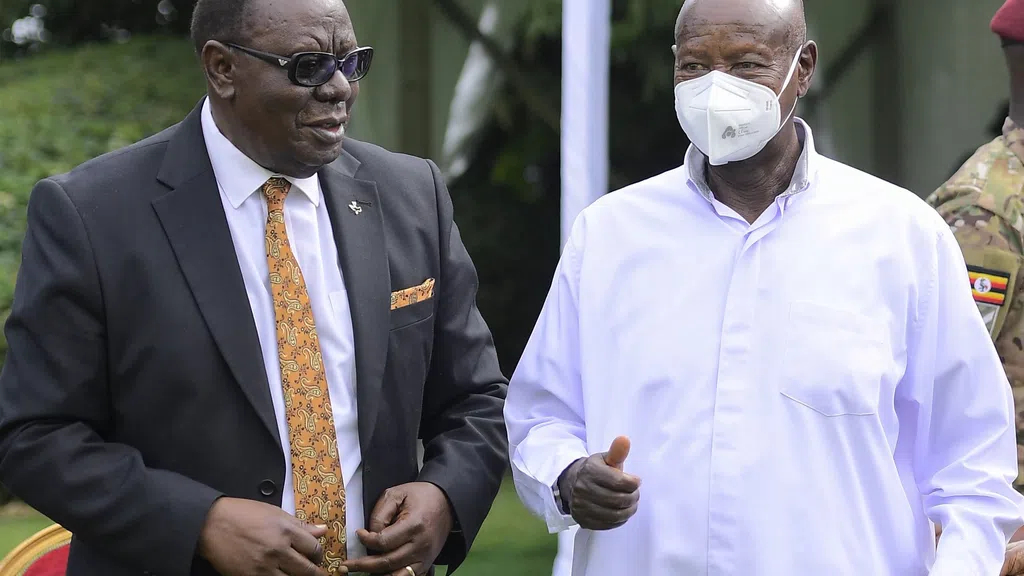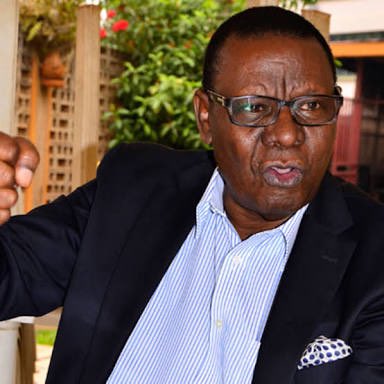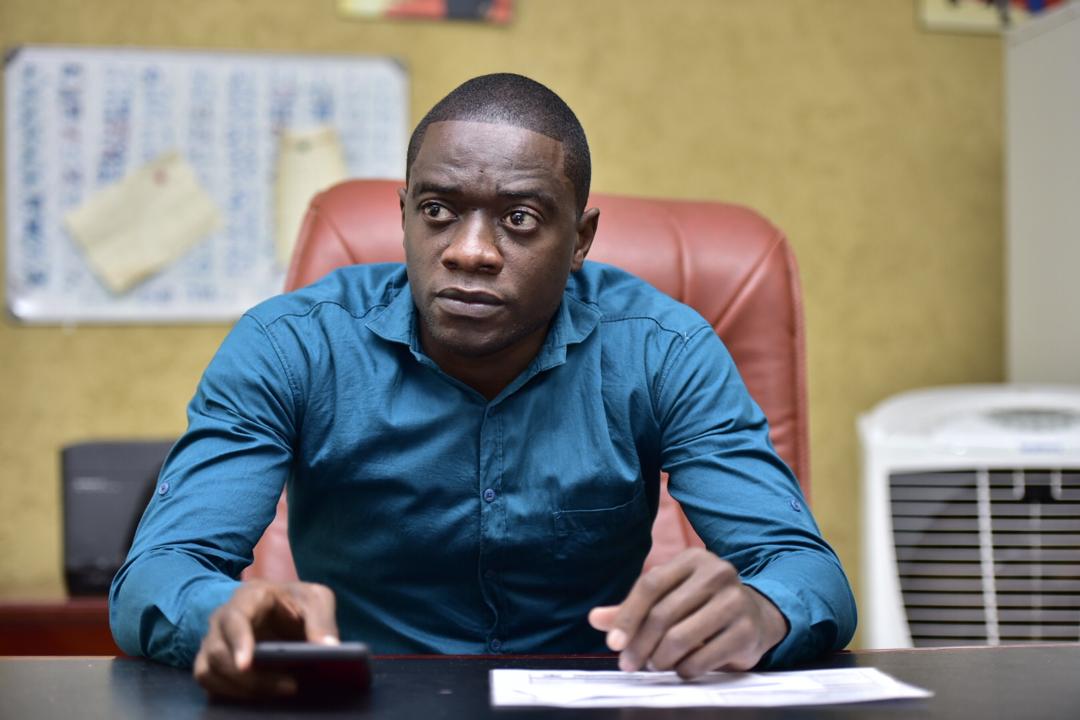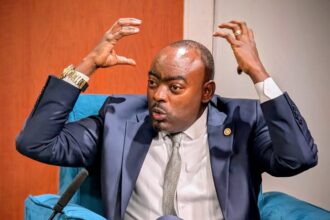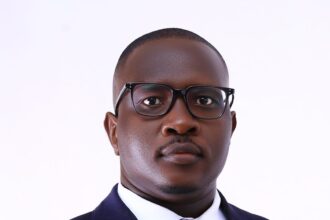At the 2025 National Prayer Breakfast held at State House Entebbe on Wednesday, October 8, former minister and long-incarcerated political figure Chris Rwakasisi delivered a dramatic and deeply personal testimony — one that charted a path from bitter enmity to reconciliation. In a speech rich in emotion, faith, and political history, Rwakasisi declared that President Yoweri Museveni is now “my greatest friend in Uganda.”
From political heights to death row
Rwakasisi reminded attendees that in the early 1980s he had been a powerful figure in the Milton Obote II government — a man once destined for high office.
But after the 1980 elections, his fortunes changed. He testified how he grew arrogant, lost his faith, and allied himself with the prevailing power structures of the time.
When the National Resistance Movement (NRM) came to power, Rwakasisi had been arrested — not by opposing forces, but by Uganda’s own army — and later tried and handed a death sentence. He said the judgment came swiftly, in a ten-hour ruling, and that the court even offered a prayer at the end, seemingly presuming his death.
He spent 24 years in prison, many of them on death row in Luzira. During this time, Rwakasisi said he was consumed by bitterness, despair, and hatred — including for Museveni, whom he described as someone he had once known, respected, and later felt betrayed by.
A spiritual awakening, and the road to forgiveness
It was in the isolation of prison that Rwakasisi recounted stumbling across a Bible — initially as a last resort, but eventually as a source of spiritual transformation. He said that his early readings were dismissive, but over time, the scriptures awakened something deeper in him.
He confessed that forgiveness came with great difficulty. He would pray for Museveni’s demise, he said, even as the president continued winning elections. Over time, however, he turned a corner — from a “hate list” to a “love list.” He began praying instead for Museveni, his family, and his government.
In 1998, Rwakasisi recalled, Museveni publicly forgave him. Gradually, overtures followed: generals and officials began extending gestures toward Rwakasisi’s family. In prison, presidential medical staff began treating him, and orders were issued transferring him from condemned status to the general prison population.
Finally, on January 19, 2009, Rwakasisi says he received his Instrument of Release, signed by Museveni himself. He was released from prison, and in March that same year, he and Museveni met at State House Nakasero — an encounter he described as brotherly.
Museveni later appointed him Senior Presidential Advisor – Special Duties, a post he has held for 17 years.
Politics, forgiveness, and controversy
Rwakasisi’s speech did not shy away from tension. He stacked personal testimony atop a theological framework — forgiveness not as a favor, but as a Christian obligation.
The event’s theme, “The Power of Forgiveness and Reconciliation,” provided a backdrop that amplified the symbolism of his narrative.
Yet it is impossible to separate the personal from the political in Uganda’s fraught history. Rwakasisi once hunted NRM rebels, and later found himself one of its most famous prisoners. His transformation, and now public friendship with Museveni, will inevitably be parsed through political lenses.
Critics may question whether this is reconciliation, cooptation, or strategic alliance. Supporters may see it as a powerful testimony to faith and redemption. The gesture of forgiveness and political appointment makes the personal political once again.
At the prayer breakfast, Rwakasisi offered a striking rhetorical flourish: “If you ask me today, who is your greatest friend in Uganda, I will tell you without flinching that it is Yoweri Museveni.”
Do you have a story in your community or an opinion to share with us: Email us at Submit an Article



